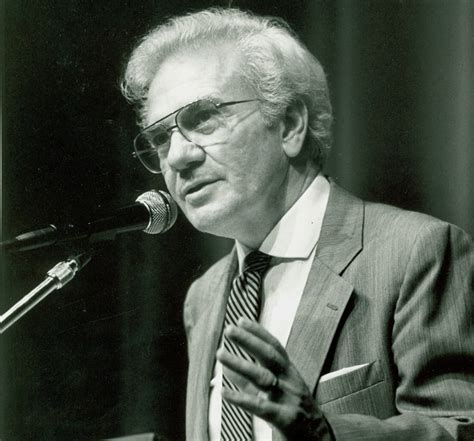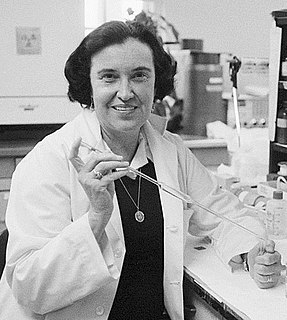A Quote by Hermann Weyl
Besides language and music, it [mathematics] is one of the primary manifestations of the free creative power of the human mind, and it is the universal organ for world understanding through theoretical construction. Mathematics must therefore remain an essential element of the knowledge and abilities which we have to teach, of the culture we have to transmit, to the next generation.
Related Quotes
Blindness to the aesthetic element in mathematics is widespread and can account for a feeling that mathematics is dry as dust, as exciting as a telephone book... Contrariwise, appreciation of this element makes the subject live in a wonderful manner and burn as no other creation of the human mind seems to do.
One cannot inquire into the foundations and nature of mathematics without delving into the question of the operations by which the mathematical activity of the mind is conducted. If one failed to take that into account, then one would be left studying only the language in which mathematics is represented rather than the essence of mathematics.
If you ask ... the man in the street ... the human significance of mathematics, the answer of the world will be, that mathematics has given mankind a metrical and computatory art essential to the effective conduct of daily life, that mathematics admits of countless applications in engineering and the natural sciences, and finally that mathematics is a most excellent instrumentality for giving mental discipline... [A mathematician will add] that mathematics is the exact science, the science of exact thought or of rigorous thinking.
The world of ideas which it [mathematics] discloses or illuminates, the contemplation of divine beauty and order which it induces, the harmonious connexion of its parts, the infinite hierarchy and absolute evidence of the truths with which it is concerned, these, and such like, are the surest grounds of the title of mathematics to human regard, and would remain unimpeached and unimpaired were the plan of the universe unrolled like a map at our feet, and the mind of man qualified to take in the whole scheme of creation at a glance.
You have this world of mathematics, which is very real and which contains all kinds of wonderful stuff. And then we also have the world of nature, which is real, too. And that, by some miracle, the language that nature speaks is the same language that we invented for mathematics. That's just an amazing piece of luck, which we don't understand.
Mathematics never reveals man to the degree, never expresses him in the way, that any other field of human endeavour does: the extent of the negation of man's corporeal self that mathematics achieves cannot be compared with anything. Whoever is interested in this subject I refer to my articles. Here I will say only that the world injected its patterns into human language at the very inception of that language; mathematics sleeps in every utterance, and can only be discovered, never invented.
At present, when the prevailing forms of society have become hindrances to the free expression of human powers, it is precisely the abstract branches of science, mathematics and theoretical physics, which ... offer a less distorted form of knowledge than other branches of science which are interwoven with the pattern of daily life, and the practicality of which seemingly testifies to their realistic character.
Art is humanity's most essential, most universal language. It is not a frill, but a necessary part of communication. The quality of civilization can be measured through its music, dance, drama, architecture, visual art and literature. We must give our children knowledge and understanding of civilization's most profound works.
As I considered the matter carefully it gradually came to light that all those matters only were referred to mathematics in which order and measurements are investigated, and that it makes no difference whether it be in numbers, figures, stars, sounds or any other object that the question of measurement arises. I saw consequently that there must be some general science to explain that element as a whole which gives rise to problems about order and measurement, restricted as these are to no special subject matter. This, I perceived was called 'universal mathematics'.
[Mathematics] is security. Certainty. Truth. Beauty. Insight. Structure. Architecture. I see mathematics, the part of human knowledge that I call mathematics, as one thing - one great, glorious thing. Whether it is differential topology, or functional analysis, or homological algebra, it is all one thing. ... They are intimately interconnected, they are all facets of the same thing. That interconnection, that architecture, is secure truth and is beauty. That's what mathematics is to me.
Mystery is an inescapable ingredient of mathematics. Mathematics is full of unanswered questions, which far outnumber known theorems and results. It's the nature of mathematics to pose more problems than it can solve. Indeed, mathematics itself may be built on small islands of truth comprising the pieces of mathematics that can be validated by relatively short proofs. All else is speculation.
If we are to have faith that mankind will survive and thrive on the face of the earth, we must believe that each succeeding generation will be wiser than its progenitors. We transmit to you, the next generation, the total sum of our knowledge. Yours is the responsibility to use it, add to it, and transmit it to your children.



































